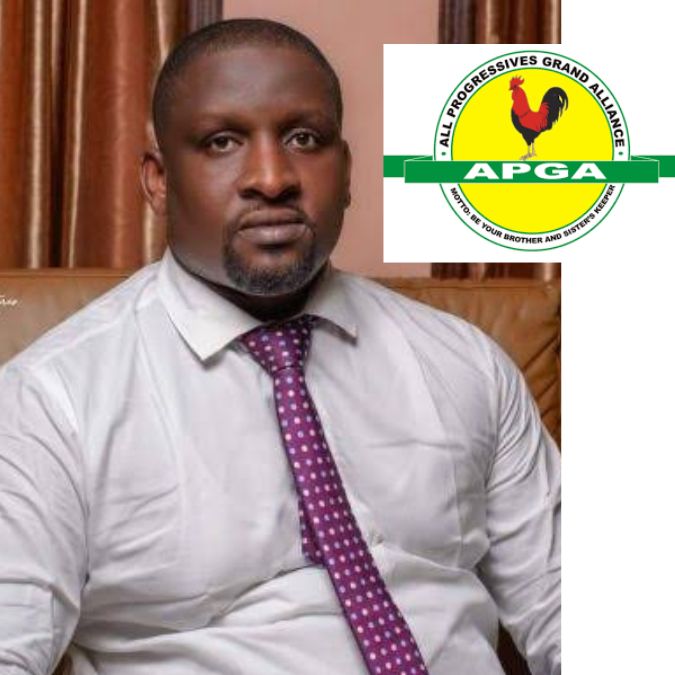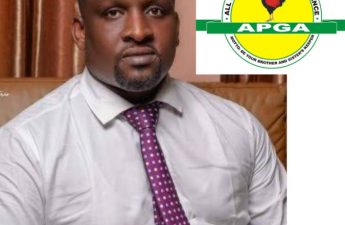APGA National Chairman, Barrister Sly Ezeokenwa Advocates for a Better Economic Development Strategy for Developing Countries: Nigeria as a Case Study – Written by Nduka Anyanwu
Background
As the world grapples with the challenges of economic inequality, poverty, and underdevelopment, it has become increasingly clear that developing countries require a more effective economic development strategy. Nigeria, Africa’s largest economy, is a prime example of a country that has struggled to achieve sustainable economic growth and development. This article argues that Nigeria, and other developing countries, require a more nuanced and multi-faceted approach to economic development, one that prioritizes human capital development, infrastructure investment, and institutional reform.
The Challenges of Economic Development in Nigeria
Nigeria’s economic development challenges are well-documented. Despite being endowed with vast natural resources, including oil, gas, and minerals, the country has struggled to achieve sustainable economic growth. The economy is heavily reliant on oil exports, which has led to a lack of diversification and vulnerability to fluctuations in global oil prices. Additionally, Nigeria faces significant infrastructure challenges, including inadequate roads, ports, and
energy supply, which hinders economic growth and development.
The Need for a Better Economic Development Strategy
To address these challenges, the National chairman Bar Sly Ezeokenwa opines that Nigeria requires a more effective economic development strategy. This strategy should prioritize human capital development, infrastructure investment, and institutional reform. Human capital development is critical, as it enables individuals to acquire the skills and knowledge necessary to drive economic growth and development. Infrastructure investment is also essential, as it provides the foundation for economic growth and development. Institutional reform is necessary to ensure that the economy is governed by a transparent, accountable, and effective institutional framework.
Recommendations for a Better Economic Development Strategy
To achieve sustainable economic growth and development, Nigeria should consider the following recommendations:
1. Prioritize Human Capital Development: Invest in education and training programs that equip individuals with the skills and knowledge necessary to drive economic growth and development.
2. Invest in Infrastructure: Develop a comprehensive infrastructure
development plan that prioritizes investment in roads, ports, energy
supply, and other critical infrastructure.
3. Promote Institutional Reform: Implement institutional reforms that promote transparency, accountability, and effectiveness in economic governance.
4. Diversify the Economy: Implement policies that promote economic diversification, including investment in agriculture, manufacturing, and services.
5. Encourage Private Sector Participation: Implement policies that encourage private sector participation in economic development, including investment in infrastructure and human capital development.
Conclusion
Nigeria’s economic development challenges are significant, but they are not insurmountable. By prioritizing human capital development, infrastructure investment, and institutional reform, Nigeria can achieve sustainable economic growth and development. The recommendations outlined in this article provide a framework for a better economic development strategy, one that prioritizes the needs of the Nigerian people and promotes sustainable economic growth and development.




